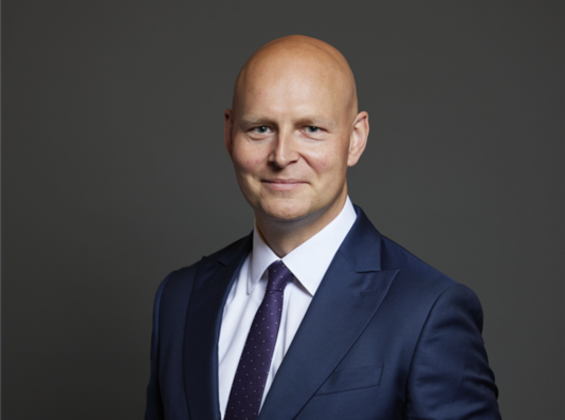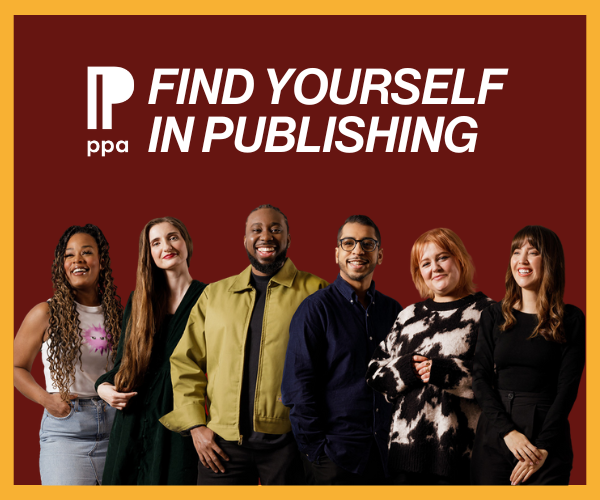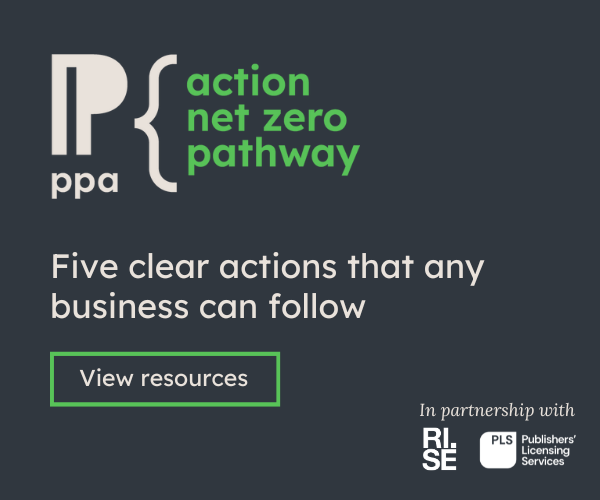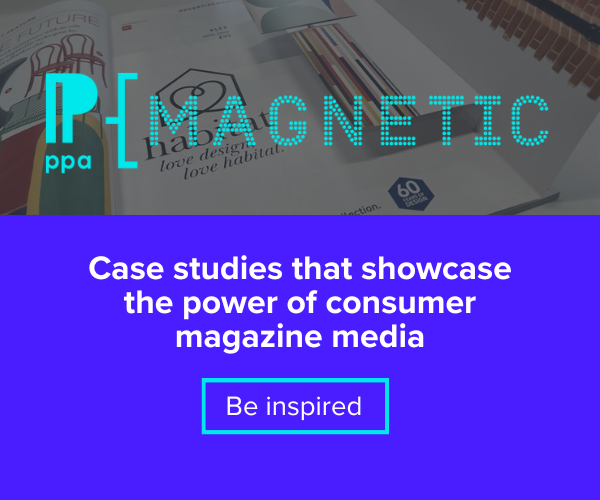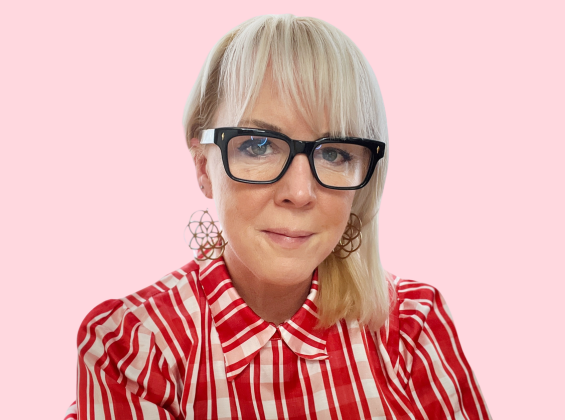What made you want to work in publishing?
I moved to the UK from India at 15, and it was a huge culture shock for me. I was worried about fitting in and not being able to make conversation at school. The variety of magazines available in the UK became a lifeline – I was always an avid reader and magazines were my go-to for improving my language skills and building my knowledge of western culture. I remember buying every magazine I could get my hands on, drowning myself in fashion and pop culture. I was fascinated by how magazines influenced, shaped, and gave structure to society and knew I wanted to be part of it.
There’s no denying there’s been a heightened interest in D&I. In 2016, across industries, having a dedicated resource to D&I was a rarity and while D&I was part of agendas, it was likely not a priority. Many businesses and industries have now started to take note that by being open to new ways of thinking, and new ways of tackling the challenges we face, it creates more opportunities for us to grow as people, and as an organisation.
Whilst creating an inclusive and diverse environment was also important for Immediate, it is fair to say that alongside many other organisations, the death of George Floyd in 2020 made us realise we could and should be doing more. Since then Immediate has made sure D&I is a key strategic priority for the whole company, from recruitment and training to editorial and education.
One thing we need to remember though is there is no ‘one size fits all’ solution for D&I and it’s impossible to be ‘done’. D&I work is an active and ongoing commitment to changing the status quo and tackling the biases we find in ourselves. Each individual, business and industry will be at different stages. For example, some people may have been engaged with diversity initiatives for some time, whereas others are just learning what microaggressions are. The most important thing is being open, willing to learn, and listening.
You’ve spoken about the need to get comfortable having uncomfortable conversations, how can publishers start going about this?
The challenge around D&I is that Diversity opens the door to some tough conversations and Inclusion isn’t natural for everyone. This is especially true when conversations challenge us to look at our own biases and personal beliefs. There can be a natural feeling to want to defend or deflect, or there may be a fear around saying the wrong thing. These reactions are normal and part of the process.
At Immediate, we have launched a new framework of Values and Leadership Behaviours that create a safe space to be open and vulnerable, and allow these conversations to happen and encourage inclusive leadership. In addition, we have started an ‘In Conversation’ and ‘IM Talking’ series which includes our people, leaders and external panellists being vulnerable, open, and honest in talking about subjects such as race, periods, menopause, imposter syndrome, men being open about mental health through to coming out at work and neurodiversity.
Through listening to, and understanding, different people’s journeys and stories, and being open to what people are saying, or even not saying, change is possible. These conversations are not always easy, but they are always worth it.
We are passionate about being people-first, meaning we care deeply about our people and support them through every life stage. We firmly believe that our people and culture are central to the business we are today and the growth we have experienced.
We’ve also focussed a lot on building and maintaining a community. During lockdown, we ensured that our people felt connected and supported through our ‘IM Community’ – an extensive programme of webinars, workshops, new skills courses, exercise classes, talks, book clubs, social events and outreach projects – and provided a central directory of resources, from financial support to mindfulness and fitness apps and health and wellbeing support.
For me personally, focusing on diversity and inclusion as a cultural and business priority has allowed me to open conversations we need to have in our industry, in our community, and within our walls. As a company we have reflected, educated, and developed a strategy so that our people are valued, welcomed, respected, and heard.
How do you think more diverse and inclusive workforces in publishing impact the publications they create?
If the people working within an organisation are diverse, then naturally this means the content and work produced are going to be far more diverse and reflect different cultures and beliefs. At Immediate we have five internal D&I network groups – IM Proud, IM Women, IM Minds & Bodies, Multicultural at Immediate and IM Family – to help us create an inclusive, collaborative, and accountable culture that supports the talent and diversity of our people. The discussions and knowledge from these groups have helped to shape a fresh approach to our content, and they are even happy to help if editorial teams need to check wording or terminology. From this, we can reach potential new audiences and put inclusive journalism as a key part of our business plan and transformation.
I am excited by the growth in representation in the media. From diverse Vogue covers through to Bridgerton season 2 and seeing a dark-skinned Asian lead in a mainstream TV series! I love how content is changing to reflect diverse people and I feel far more empowered when I read about my heritage being reflected and celebrated in the media and issues I care deeply about being openly talked about. When I was consuming media to understand how to fit in when I moved to the UK, I thought I had to be more English to be accepted. Seeing representation now will be life-changing for diverse people, making them feel more accepted and that it is OK to be who they are and want to be.
Another thing that I am excited about is being lucky enough to work together with D&I leads from the industry to move the agenda forward. The only way to make any change is by working together as an industry. I’m really excited about the PPA D&I initiatives that everyone is working together on – and that we are launching at the Festival.
What magazine do you stockpile?
I am a magazine hoarder. Stylist and Vogue take up a lot of floor space in my house. I am also planning my wedding and looking to move house, so interior magazines and wedding content have kind of taken over my world…
I regularly have people around and love cooking for friends, so I always go to BBC Good Food and Olive magazine for inspiration. One of my recent favourites has been Adam Bush’s roast broccoli wedges with kecap manis and peanuts – they are so delicious, vegan-friendly and highly recommended for entertaining!
